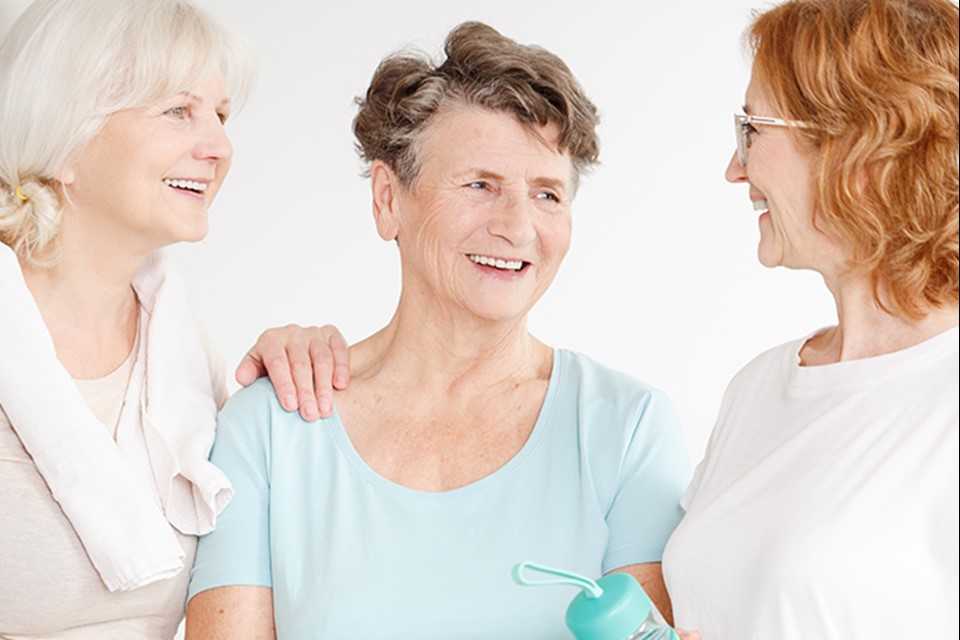Vulval Skin Conditions
There are many skin conditions that can cause discomfort. They can be found on the vulva, labia or the skin around the perineum There are many conditions but these are a few of the more common conditions:

Lichen sclerosus (LS)
This is a long term skin condition that mainly affects the skin of the vulva and perineum, although it can be found on other parts of the body such as the upper arms, back, breasts and shoulders. It causes intense itching and white patches to appear on the skin. It is most common in post menopausal women.
LS is thought to be an autoimmune disease, it is not an infection so therefore cannot be transmitted to a partner or other people.
Rubbing or damage to the skin can trigger LS or make it worse.
The usual appearance are small white areas that can increases in size and join together to form larger patches. These patches in turn become cracked and sore, with the itchiness often getting worse at night causing sleep disturbance.
The condition leads to thin fragile skin, with wrinkles, cracks and blisters, causing painful sex and discomfort when passing stools.
Treatment is required to prevent the vulva scarring and the skin around the vagina shrinking and tightening, making sex increasingly difficult and painful. Treatment is usually a steroid medication applied directly to the skin. It is a long term condition that can last for years, and may flare up periodically. Mr Broome can advise you on the best course of treatment.
In the meantime, there are some things you can do to help yourself:
- avoid washing in a soap bubble bath.
- avoid rubbing or scratching the area,
- gently dab your vulva when wiping after urinating
- apply barrier cream such as petroleum jelly or sudocream after washing, before and after urinating.
- avoid wearing tight clothing
- wear underwear made from natural materials such as cotton or silk
Lichen planus
This is a rash that can affect different parts of the body including inside the mouth. If you have it in the vaginal area, then a gynaecologist such as Mr Broome will be able to diagnose and treat this.
The appearance are clusters of shiny raised purple, red blotches within the vagina that can cause burning or stinging especially when passing urine.
Treatment consists of prescribed steroid creams and ointments and in severe cases steroids taken by mouth may need to be used.
In the meantime, it is recommended to use petroleum jelly (vaseline) or sudocream before and after urinating to protect the area along with the same advice for Lichen Sclerosus detailed above.
Vulval dermatitis
This is a seen as a poorly demarcated itchy rash and is the cause for between 5-26% or women diagnosed with inflammation on their vulva. The common causes are detergents, soaps, perfumes and semen. Usual treatment is a short course of a weak corticosteroid cream and avoidance of all soaps, perfumes and aggravating factors.
Allergic contact dermatitis can occur as an immune response/inflammatory action caused by a previous response to a medicine or product. For example, topical antibiotics, anti-fungal creams, corticosteroids and topical anaesthetics. Treatment consists of trying to identify the trigger by elimination and using petroleum jelly as a barrier cream.
Vulva atrophy
This is the drying and thinning of the vulva and vagina caused by a fall in the hormone oestrogen in post menopausal women. The skin is pale, occasionally itchy or sore.
Diagnosis of vulva atrophy is by examination
Treatment of symptoms can involve vaginal moisturisers and water based lubricants, but treatment to reverse the condition will involve using the hormone oestrogen, either as topical cream or vaginal tablets. Alternatively hormone replacement therapy (HRT) can be used if other menopause related symptoms are problematic.
Vaginal candidiasis or thrush
This common microorganism (candida albicans) usually lives in the vaginal area without any problems. An imbalance of the normal vaginal environment can encourage yeast to grow causing intense itching, swelling and irritation.
Causes:
- antibiotic use can affect the balance of ‘good’ bacteria that normally keep the Candidiasis at bay
- pregnancy where the hormones are in different ratios which can lead to ph changes and subsequent yeast growth
- uncontrolled diabetes
- poor diet
- normal hormonal changes such as your monthly menstrual cycle
- stress
- poor sleep patterns
Treatments
There are many types of anti-fungal preparations to help you, many can be purchased ‘over the counter’ at the chemist, if you are suffering from more severe forms of thrush or recurrent candidiasis then an extended course of treatment (cream, pessaries, oral tablets) may be advised.

